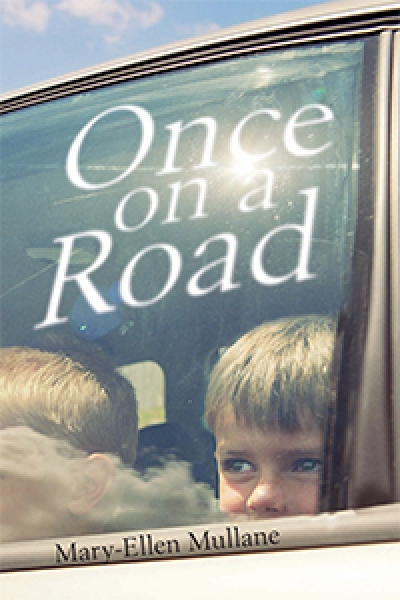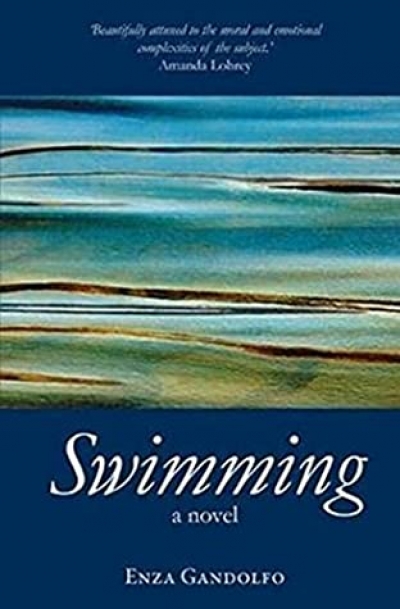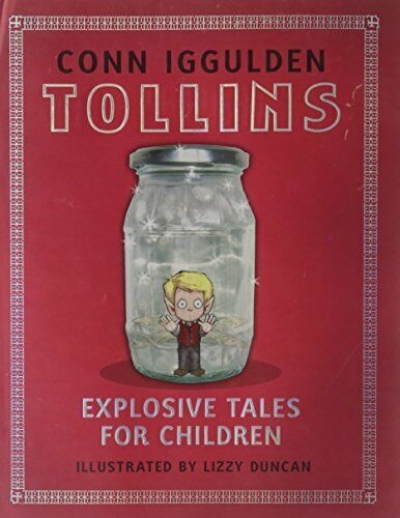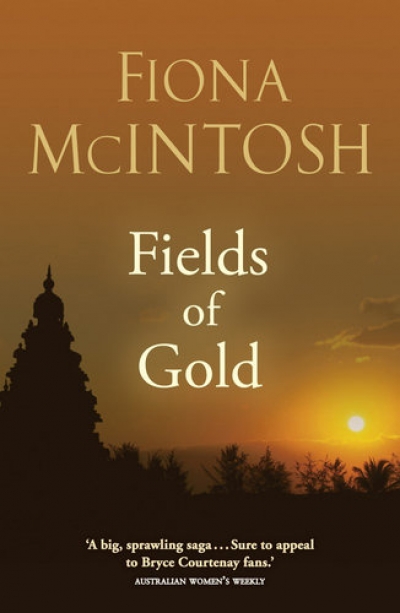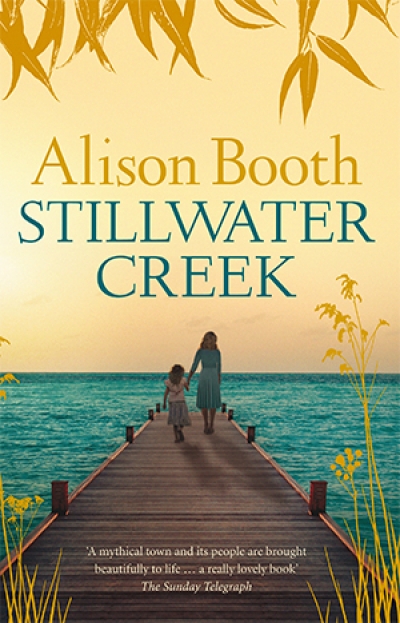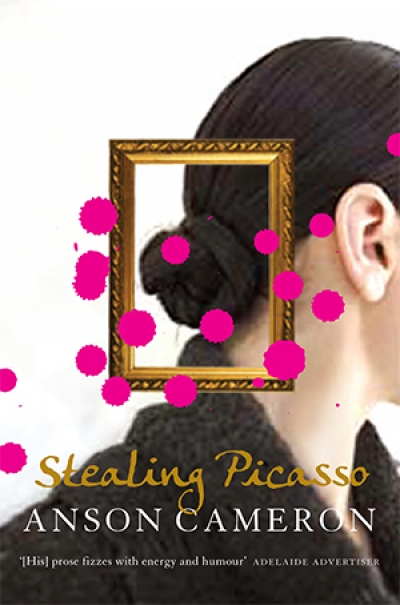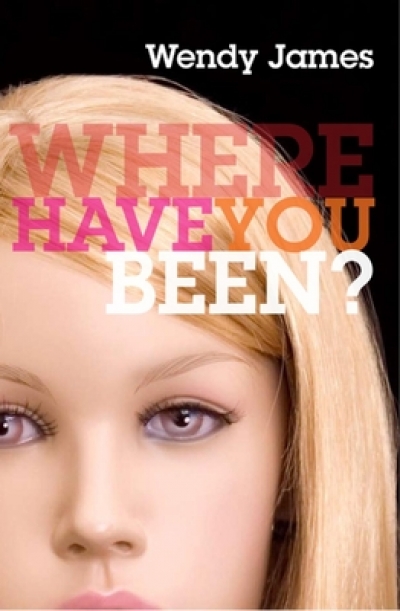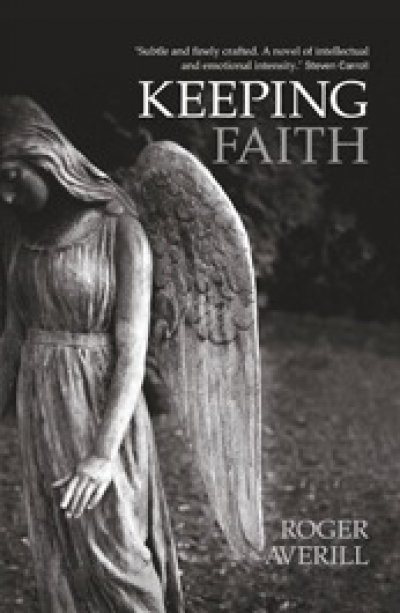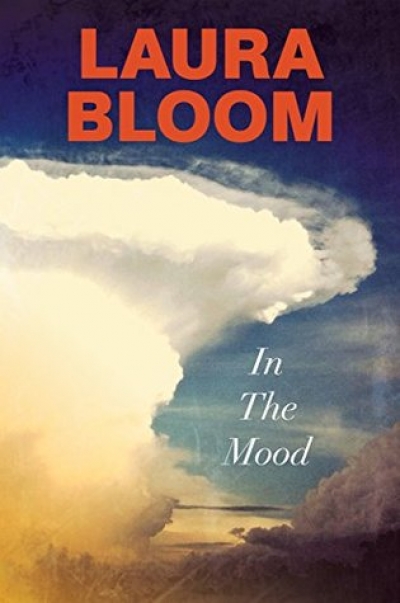Fiction
Packaging and promotion have always been formidable tools in the marketplace. Once on a Road is poorly served by its sensational back cover blurb, ‘How far would you go to protect your grandchildren from their mother?’ No, this is not a new Stephen King novel, nor is it literary fiction, as its imprint would lead readers to believe.
... (read more)Set in the western suburbs of Melbourne, Swimming is an impressive début novel by Melbourne academic Enza Gandalfo. Kate Wilks, a childless writer in her early sixties, is a strong swimmer, and images of the sea texture the narrative. Now happily married for a second time, Kate encounters her first husband, and the ensuing flood of memories, regret and guilt provides the driving force of the novel.
... (read more)The first book I ever properly owned – pored over, slept with, inscribed – was an elaborately illustrated hardback copy of J.R.R. Tolkien’s The Hobbit. One can imagine the producers of the attractively packaged Tollins: Explosive Tales for Children hoping it might assume similar significance for a contemporary seven-year-old boy. Conn Iggulden’s secret and quirky world of the Tollins involves old, greybearded men, intricate maps and plenty of adventures and derring-do by the book’s unlikely hero, Sparkler.
... (read more)One of the things I am often called on to do as a bookseller is to make recommendations, particularly when it comes to fiction. This involves making a judgement about what a customer wants from a book, rather than what a book may want from its reader. Many readers declare from the outset that all they want from a novel is a good story they can escape into. They happily admit that they don’t want to be challenged, don’t want to work for their enjoyment.
This is the frequently offered rationale for mass-market fiction: pure escapism. It exists to entertain, not to edify. Hackneyed storylines and wooden dialogue don’t matter, so the argument goes; all that does matter is giving people the kind of uncomplicated enjoyment they crave. The writing might not be stylish, but neither is it pretentious. Fair enough, perhaps. If you are the kind of reader who sees nothing wrong with lines such as ‘a fresh spike of fear gripped him’ or ‘there was only one way to heal his thirst for revenge’ or ‘Iris has always been blindly attracted to people who don’t fit the mould’, then criticism of this book is probably redundant. If, however, mixed metaphors, clichés and melodramatic flourishes make you cringe, be warned that Fiona McIntosh’s Fields of Gold is full of them.
... (read more)The sticker on the cover assured me that if I had enjoyed The Guernsey Literary and Potato Peel Pie Society I would ‘love’ Stillwater Creek. Had I been browsing the bookshop shelves, this would have been fair warning not to part with my money. Myriad readers obviously did love Mary Ann Shaffer and Annie Barrows’s international bestseller. Alexander McCall Smith certainly did: he chaired the committee that recently voted it The Times WHSmith Paperback of the Year. TGLAPPPS bored me so much that I failed to finish it, but I can see why McCall Smith, who writes novels in a similar vein and with similarly whimsical titles, championed it.
... (read more)Stealing Picasso is an art heist caper based on the sensational theft in 1986 of Picasso’s Weeping woman from the National Gallery of Victoria. The crime, attributed to a nebulous gang of militant aesthetes calling themselves the Australian Cultural Terrorists, remains unsolved. Anson Cameron, a Melbourne writer best known for the novel Tin Toys (2000), takes this historical loose end and runs with it, discarding all but the most cursory details of the source story.
... (read more)Set in Sydney, Wendy James’s third novel, Where Have You Been?, an intriguing story of family, loss, memory and identity, is just as compelling as her previous ones, Out of the Silence (2005) and The Steele Diaries (2008).
... (read more)Soon after the end of World War II, Robert Booker, husband of Catherine, returns from service in New Guinea to their home in Sydney. It is immediately apparent that their relationship has deteriorated. With Catherine’s hasty disposal of a telegram from an American soldier named Lewis, we learn that she has had an affair, and also a child, in Robert’s absence. The story then moves back to 1944, when the liaison began. Eventually it returns to the present, and Catherine has a hard time concealing her affair and child from her husband.
... (read more)Keeping Faith, Roger Averill’s first novel after his non-fiction début, Boy He Cry: An island odyssey (2009), is a quiet and resonant piece of work. Befitting a novel set partly in a labour ward and beginning with a description of a stillborn baby, it proceeds with the knowledge that finding the right words can be difficult. It speaks carefully and tactfully, in a spare language of great focus.
... (read more)Soon after the end of World War II, Robert Booker, husband of Catherine, returns from service in New Guinea to their home in Sydney. It is immediately apparent that their relationship has deteriorated. With Catherine’s hasty disposal of a telegram from an American soldier named Lewis, we learn that she has had an affair, and also a child, in Robert’s absence. The story then moves back to 1944, when the liaison began. Eventually it returns to the present, and Catherine has a hard time concealing her affair and child from her husband.
... (read more)

